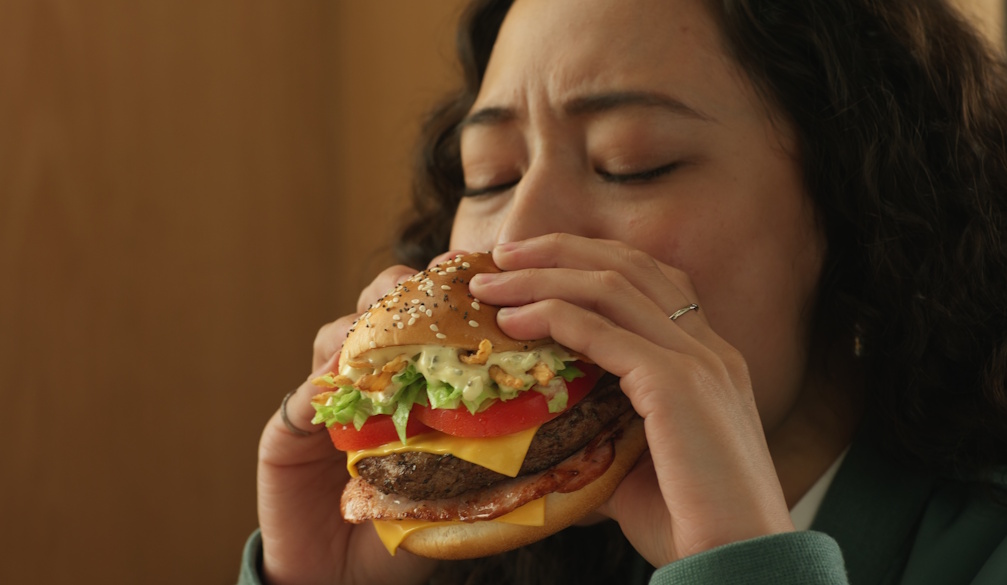Why Generosity Is the Most Overlooked Business Strategy
- Written by Rajneen Arora

When people ask me what drives success, I always smile before answering. Because after two decades of leading teams, launching ventures, and watching brilliant businesses rise (and sometimes fall), I’ve realised the truth is far simpler than most expect: the secret to sustainable success is generosity.
No one builds a business alone. Every milestone, every breakthrough, every brave leap has someone behind it — a mentor who believed in you, a colleague who stayed late, a customer who took a chance, a partner who opened a door. The most successful organisations I’ve seen are built by people who understand that truth and choose to lead with generosity.
I call myself the CEO of Generosity, and not just because it sounds good on stage. It’s a philosophy I live by. In a world obsessed with competition, efficiency, and performance, generosity is the ultimate differentiator. It’s the strategy that builds trust when others are chasing transactions, and connection when everyone else is focused on conversion.
Generosity isn’t about grand gestures or giveaways. It’s about giving in ways that matter — time, attention, appreciation, opportunity. It’s about creating emotional equity, that intangible feeling that makes people want to stay, support, and succeed alongside you. Numbers tell you how you’re performing, but generosity tells people how you make them feel, and that’s what they remember.
At Best Restaurants Australia, we see this play out every day. Food is one of the most universal expressions of generosity. A meal shared can mend relationships, spark ideas, and seal partnerships. Some of the best business moments in my own life have happened over a table — a conversation that turned into a collaboration, a lunch that became a lifelong friendship.
We’ve also seen the data back it up.
More than half of the companies we’ve worked with reported higher sales after introducing recognition or gifting programs. Two-thirds said generosity improved their reputation. Nearly eight in ten employees felt more valued when their effort was recognised meaningfully. And eight in ten organisations said generosity strengthened trust and long-term loyalty.
Those numbers aren’t soft. They’re strategic. They prove that generosity doesn’t just feel good — it performs. When people feel seen and valued, they deliver more. When they feel appreciated, they become advocates. When they trust you, they stay.
For me, generosity is a mindset that must be embedded in company culture. It starts at the top, but it ripples through every layer — how you treat your team, how you speak to clients, how you respond to challenges. It’s a muscle that strengthens with use.
The beauty of generosity is that it scales without cost. You can start with something as small as a thank-you note, a genuine compliment, or an extra five minutes to listen. Over time, those gestures compound into loyalty, culture, and legacy.
At Best Restaurants, our mission is simple — to make generosity a daily habit, not an occasional act. Through our platform, we connect people and companies to experiences that celebrate appreciation, connection, and gratitude. Because food, at its heart, is about care. It’s how we celebrate, how we comfort, how we say “you matter.”
If I could give one piece of advice to every business leader, it’s this: build your success on generosity. Lead with it, measure it, and make it part of your DNA. You’ll see your people come alive, your customers connect more deeply, and your brand stands for something greater than profit.
Generosity isn’t weakness. It’s wisdom. It’s the one business strategy that will never go out of style — because people never forget how you made them feel.






















